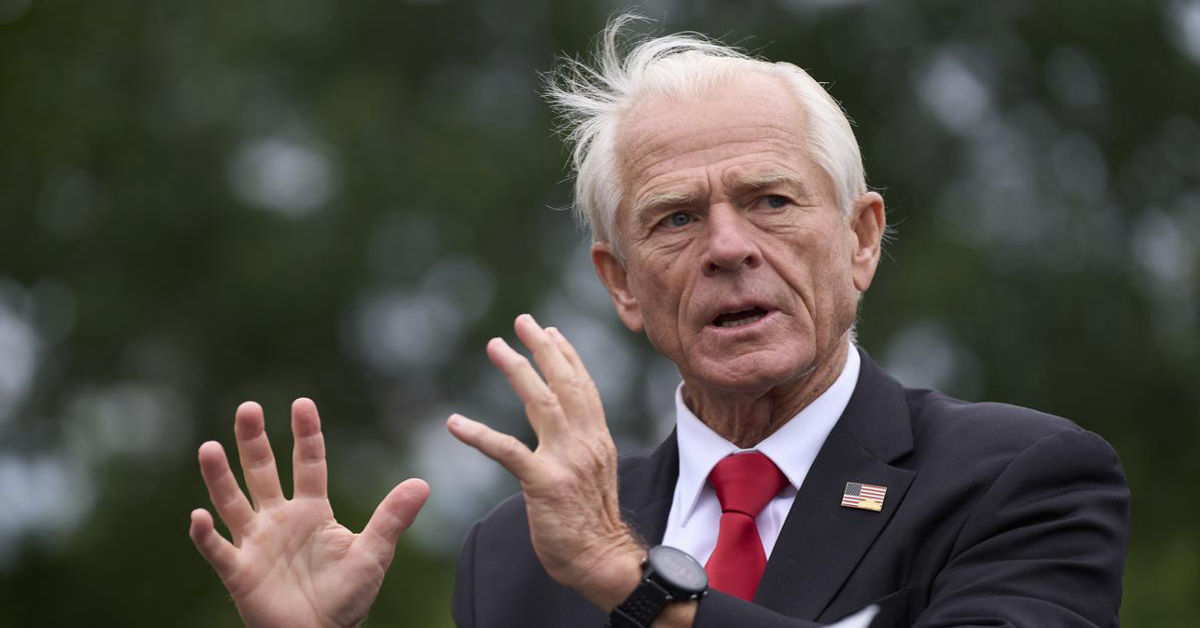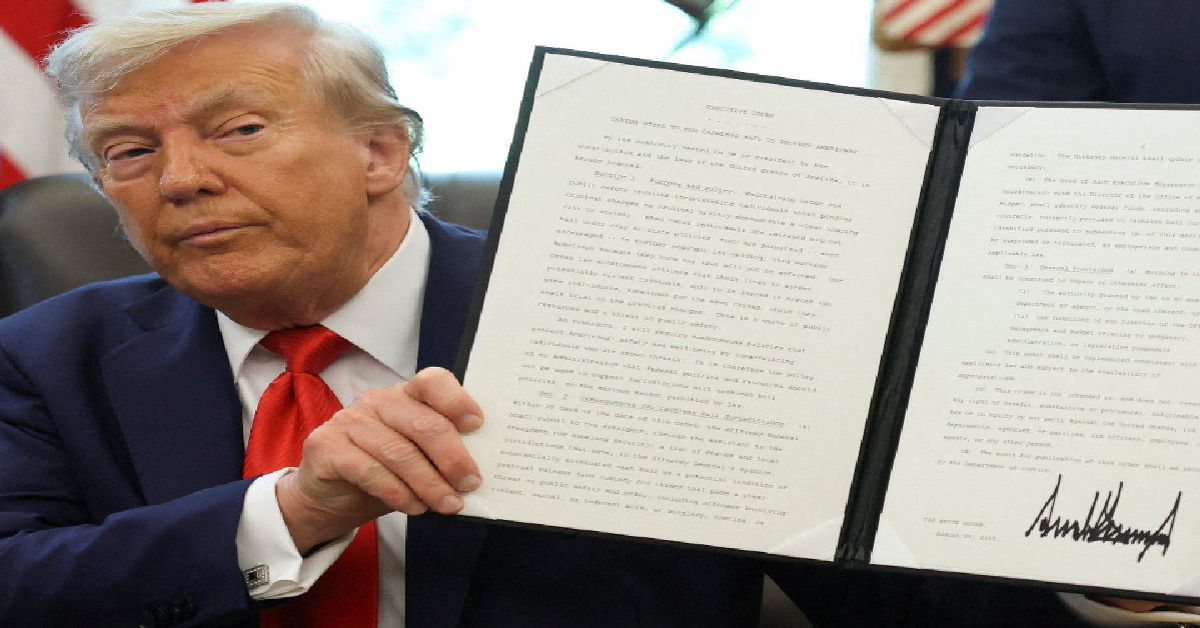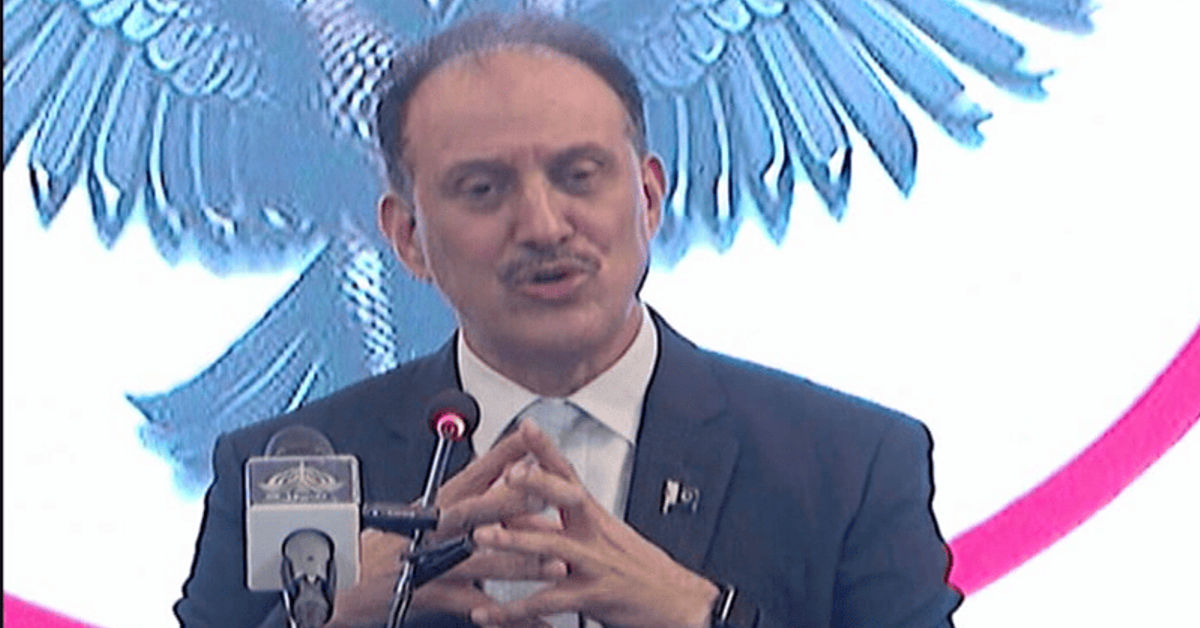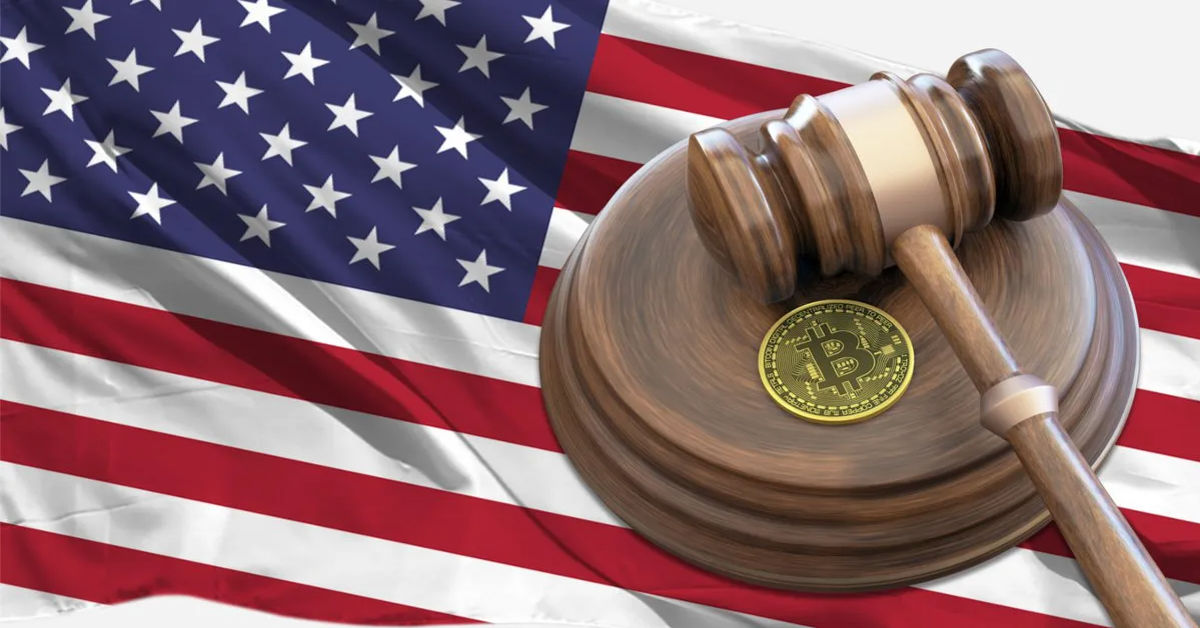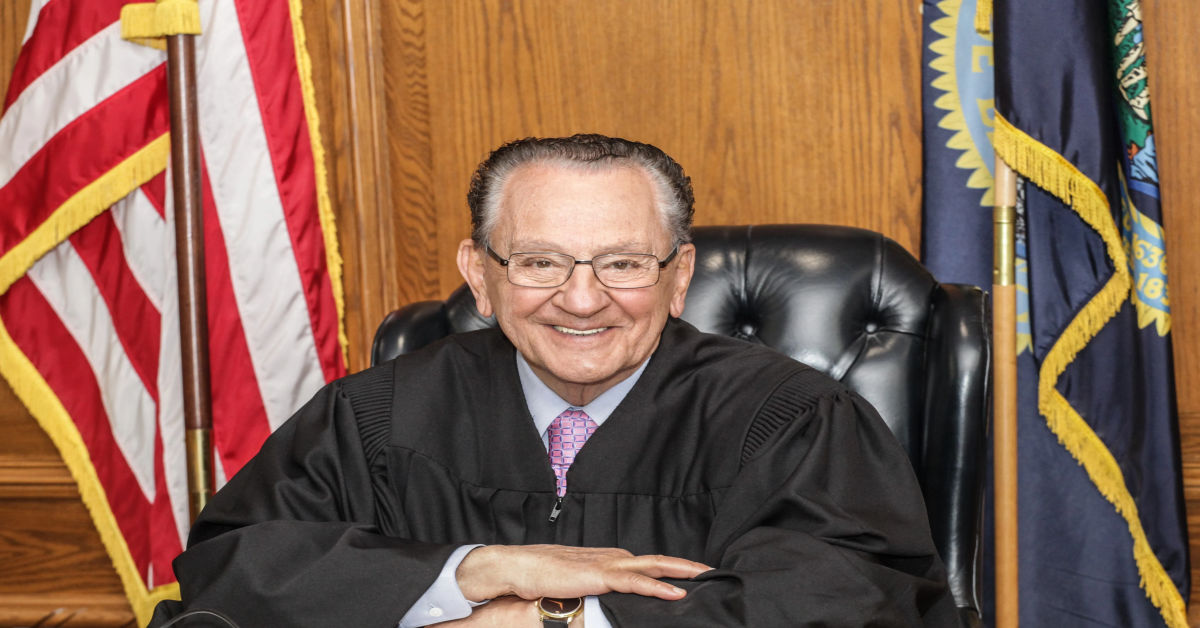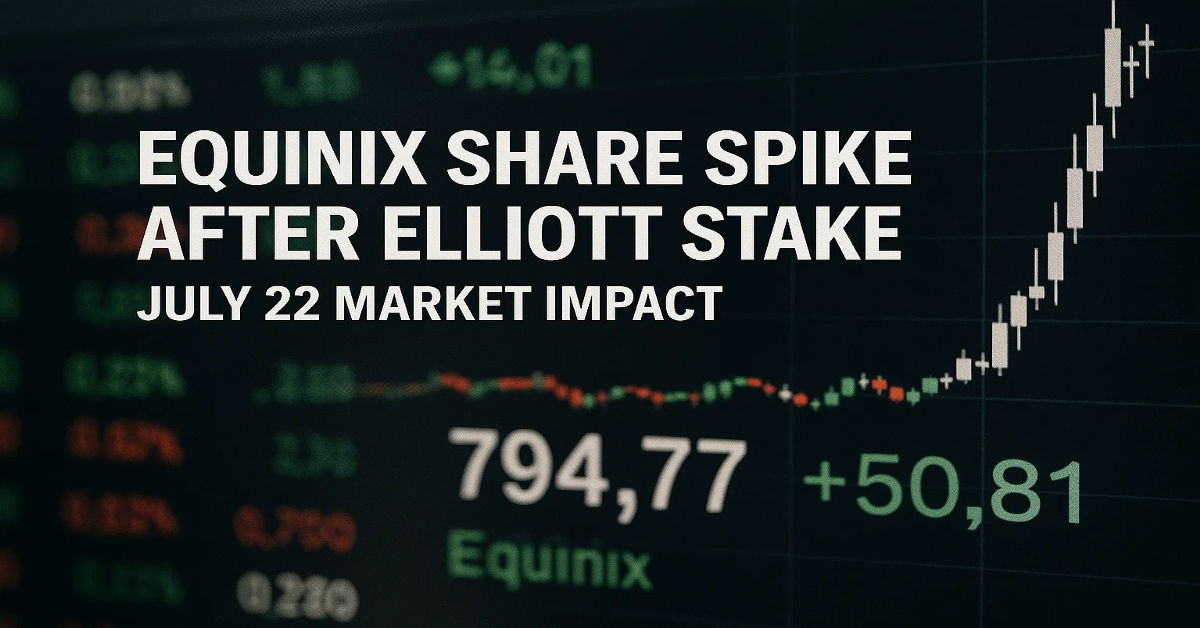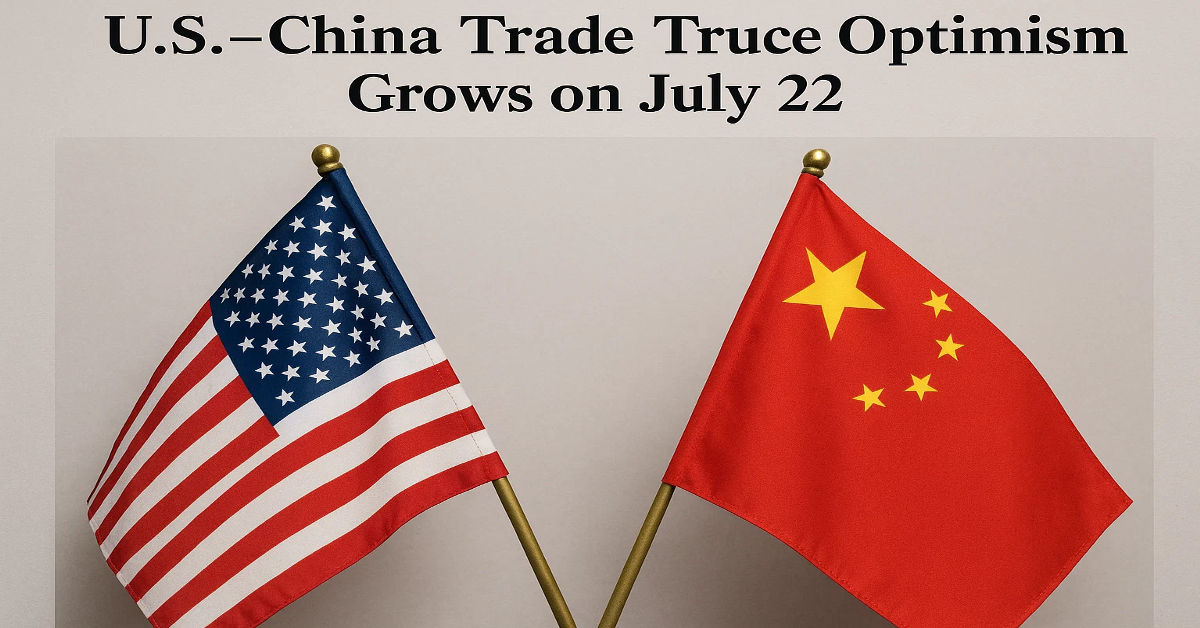
Washington, D.C. — In a bold legal escalation, the Trump administration has asked a U.S. appeals court to block order reinstating FTC commissioner Slaughter, igniting fresh debate over executive power, regulatory independence, and the future of federal oversight.
This unprecedented action follows a district court ruling mandating the reinstatement of Rebecca Kelly Slaughter, a Democrat and longtime advocate for aggressive antitrust enforcement and consumer protections. Her removal during the Trump presidency was widely criticized by legal scholars and policy experts as politically motivated.
The appeal, now before the U.S. Court of Appeals for the D.C. Circuit, could become a landmark case in defining the balance of power between the executive branch and independent regulatory agencies such as the Federal Trade Commission (FTC).
Background: Who Is Rebecca Kelly Slaughter?
Appointed by President Barack Obama and reappointed under President Joe Biden, Rebecca Slaughter is recognized for her strong stances on corporate accountability, data privacy, and monopoly regulation. She has consistently championed stricter scrutiny of Big Tech, pharmaceutical mergers, and deceptive advertising practices.
Her leadership has often been framed as a counterweight to the deregulatory tone of the Trump-era FTC. Under her guidance, the commission pursued broader interpretations of Section 5 of the FTC Act, giving the agency more authority to penalize harmful corporate practices—even in the absence of direct consumer harm.
Her removal in 2020 came amid a controversial restructuring effort by the Trump administration, prompting concerns about the erosion of agency independence.
The Legal Dispute: Executive Authority vs. Regulatory Integrity
At the heart of the legal conflict is the question of whether a sitting president has the unilateral power to remove a commissioner from an independent agency without cause.
The lower court ruling argued:
- The FTC operates as an independent body, and its commissioners can only be removed for cause.
- Slaughter’s dismissal violated the principle of separation of powers and undermined regulatory integrity.
In response, the Trump administration appealed, asserting:
- The president retains broad authority to remove executive officials.
- The court’s decision sets a dangerous precedent by limiting presidential discretion.
This has led to a broader legal discussion on the status of independent agencies and whether their autonomy can withstand increasing political interference.
Implications for the FTC and Other Regulatory Bodies
If the U.S. appeals court upholds the Trump administration’s argument, it could dramatically reshape how future presidents interact with agencies like the FTC, SEC, and Federal Reserve.
Legal scholars warn that such a decision would:
- Erode checks and balances between the branches of government.
- Undermine the credibility of independent regulators.
- Open the door to politically motivated agency purges.
If upheld, the appeal could make it easier for presidents to dismiss commissioners who oppose their policies, threatening nonpartisan oversight of industries ranging from healthcare and finance to tech and telecommunications.
Broader Context: Politics, Technology, and Regulation
This battle also comes at a time of heightened scrutiny of technology companies, many of which are targets of FTC investigations.
The Slaughter controversy reflects a deeper tension about how America regulates its digital economy. For instance, innovations by firms like Revo Technologies in Murray, Utah raise critical questions about how far the FTC should go in overseeing data privacy, ethical AI, and algorithmic transparency.
With Slaughter off the commission — and her reinstatement blocked — FTC decision-making could be significantly altered, affecting ongoing investigations into monopolistic practices and data misuse.
Public and Political Reactions
The Trump administration’s legal action has drawn sharp criticism from Democrats and public interest groups.
“This is not just about one commissioner,” said Maya Rodriquez, a policy analyst at the Center for Legal Integrity. “It’s about protecting the independence of the institutions that keep powerful industries in check.”
Progressive activists have compared this battle to other recent clashes between the government and grassroots movements — a sentiment echoed in ongoing social campaigns like Good Trouble Lives On, which challenge centralized power and advocate for civic accountability.
Republican leaders, however, defend the move, arguing that elected presidents must be able to build teams aligned with their visions, including in independent agencies.
Conclusion
The Trump administration’s request to block the reinstatement of FTC Commissioner Rebecca Slaughter marks a critical moment in the battle over federal regulatory independence. This legal dispute goes far beyond a single appointment—it strikes at the heart of how much influence a president can exert over supposedly independent agencies. If successful, the appeal could shift the balance of power, allowing future administrations to reshape regulatory bodies to fit political agendas.
That, in turn, could have sweeping implications for how the U.S. government oversees major industries, from tech to healthcare. The case also puts the FTC’s future direction in question, especially in the absence of voices like Slaughter’s that advocate stronger consumer protections. Legal scholars, political analysts, and watchdog groups are closely monitoring the outcome, as it may set a precedent for decades to come.
As the nation awaits the appeals court’s ruling, the tension between executive control and institutional autonomy remains unresolved. This moment presents a constitutional crossroads for the United States’ regulatory framework. At stake is nothing less than the integrity, independence, and future of public interest governance in a politically divided era.
FAQs
1. Why did the Trump administration try to block the reinstatement of FTC Commissioner Slaughter?
The Trump administration argued that the president has the authority to remove and prevent the reinstatement of federal commissioners, even those in independent agencies like the FTC. Officials claimed that allowing a court to mandate her return would interfere with executive powers and set a dangerous precedent. Their legal position focuses on preserving the administration’s control over federal personnel decisions.
2. Who is Rebecca Kelly Slaughter, and why is her reinstatement significant?
Rebecca Kelly Slaughter is a former Democratic FTC commissioner known for her strong stances on consumer protection and antitrust regulation, particularly against Big Tech. Her reinstatement would not only restore a progressive voice to the commission but could also affect ongoing cases. She is widely respected for advocating increased transparency and accountability in corporate practices.
3. What are the legal arguments supporting her reinstatement?
Supporters of Slaughter’s reinstatement argue that commissioners of independent agencies like the FTC can only be removed for just cause, not political reasons. The court ruling ordering her reinstatement was based on the idea that such removals violate the structure and autonomy of these agencies. It highlights concerns over executive overreach into independent regulatory bodies.
4. What could be the long-term consequences if the Trump administration wins the appeal?
If the appeals court sides with the Trump administration, it could weaken the legal protections that ensure independence within regulatory agencies. This could open the door for future presidents to dismiss commissioners for political reasons, potentially politicizing agencies like the FTC, FCC, and SEC. The result may erode public trust and disrupt stable, nonpartisan policy enforcement.
5. How does this case affect the FTC’s ability to regulate major industries?
Without Slaughter, the FTC loses a key advocate for aggressive antitrust enforcement and digital privacy protections. Her absence could shift the balance of power within the commission and slow progress on cases targeting monopolistic behavior. It may also hinder investigations into tech giants, healthcare mergers, and misleading advertising practices.
6. What precedent could this case set for future administrations?
The outcome could redefine the limits of presidential authority over federal agencies. If the Trump administration’s position is upheld, future presidents may find it easier to reshape independent commissions to reflect their political agendas. This would represent a major shift in how the United States views the balance between executive leadership and regulatory objectivity.
7. Why are independent agencies like the FTC supposed to remain politically neutral?
Independent agencies are designed to function without direct political pressure so they can enforce laws fairly and objectively. Their structure is meant to insulate decision-making from partisan influence, promoting long-term stability and trust. Political interference could compromise their ability to act in the public interest.
8. What role does the appeals court play in this process?
The U.S. Court of Appeals will determine whether the lower court’s decision to reinstate Slaughter was legally sound. It will examine constitutional principles, agency statutes, and precedent to decide whether the president had the right to block her return. Their decision could have lasting effects on how all federal regulatory appointments are handled.
9. How have public advocacy groups responded to this legal battle?
Many public interest groups and legal scholars have voiced concern about the implications of blocking Slaughter’s reinstatement. They argue it threatens the independence of oversight institutions and undermines democratic accountability. These organizations see the case as part of a broader attempt to politicize agencies that should remain neutral.
10. How does this situation connect to wider issues in U.S. governance and regulation?
This case is emblematic of growing tensions between political power and institutional independence in the U.S. government. It reflects a broader debate over how much control elected officials should have over regulatory bodies. The outcome could influence not only the FTC but how all independent commissions function in the future.

















